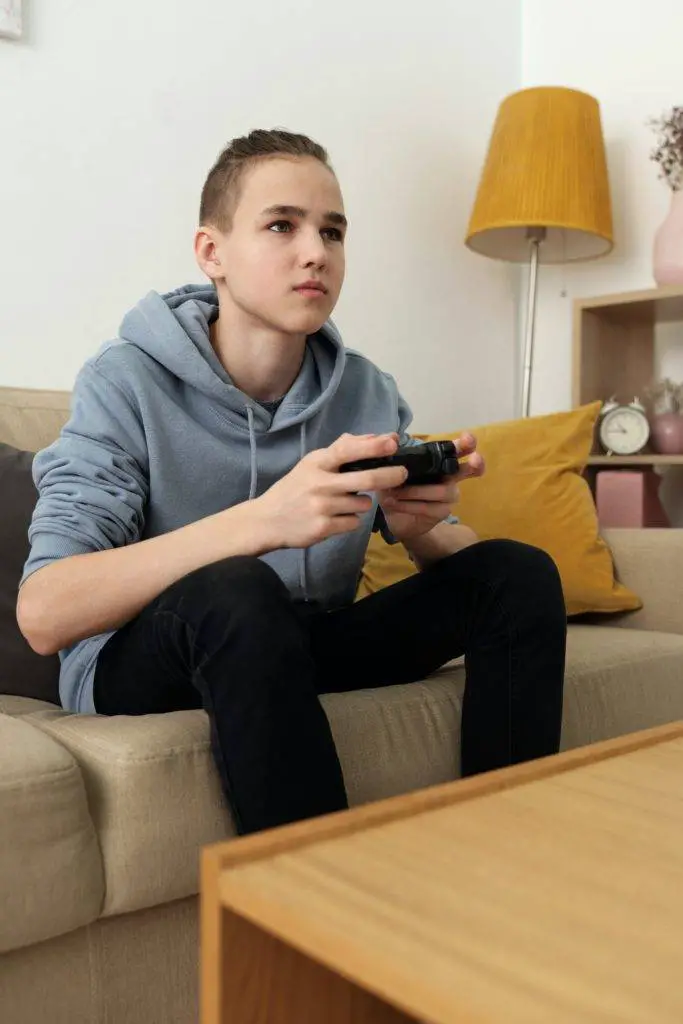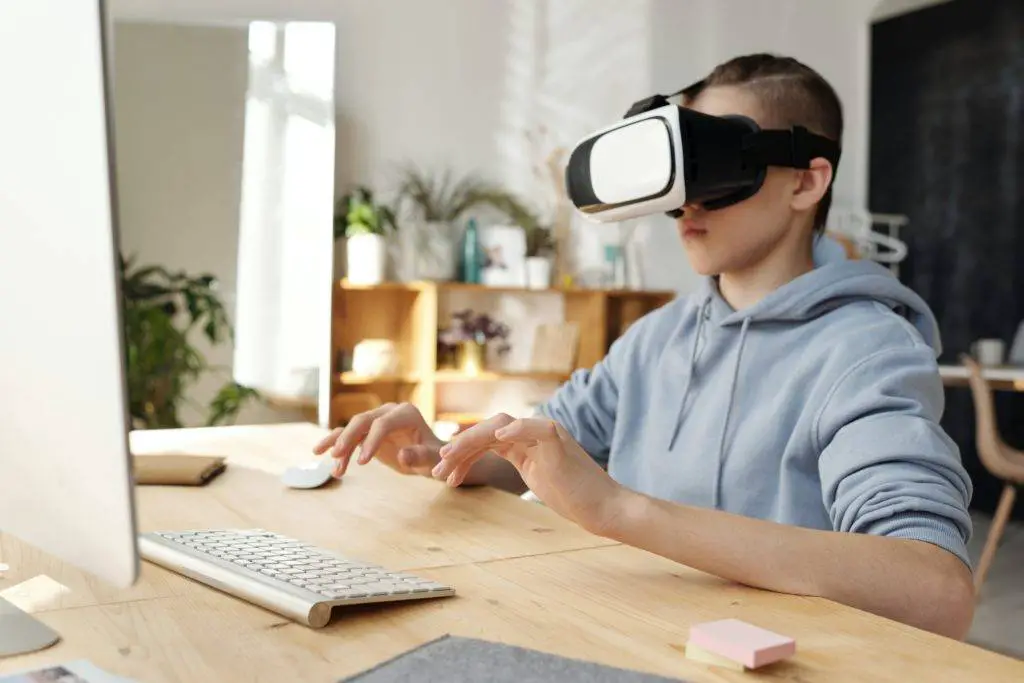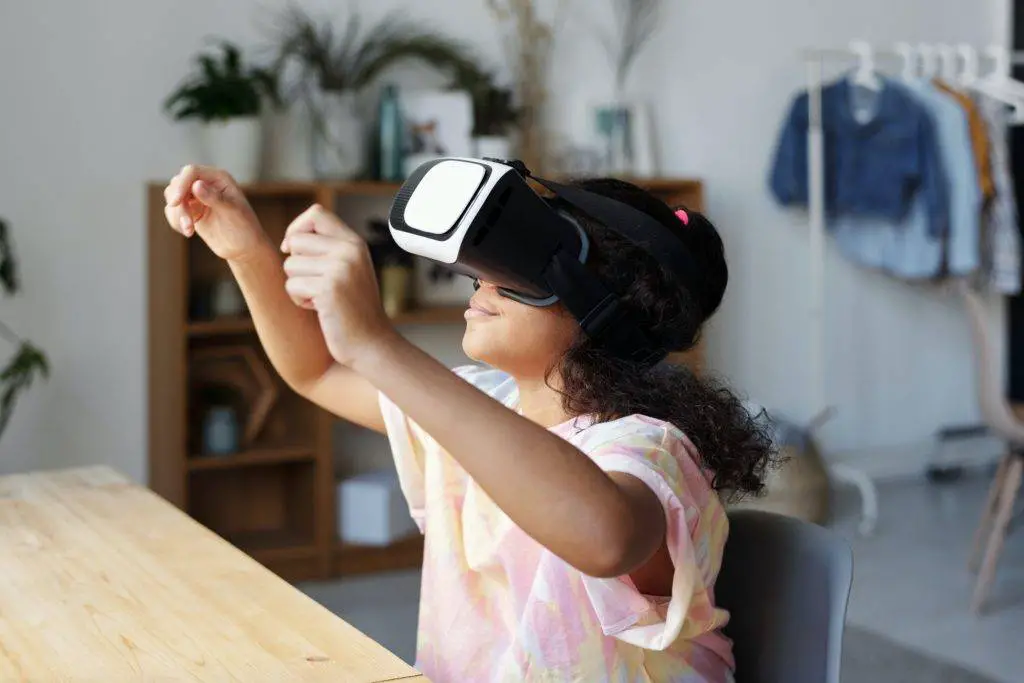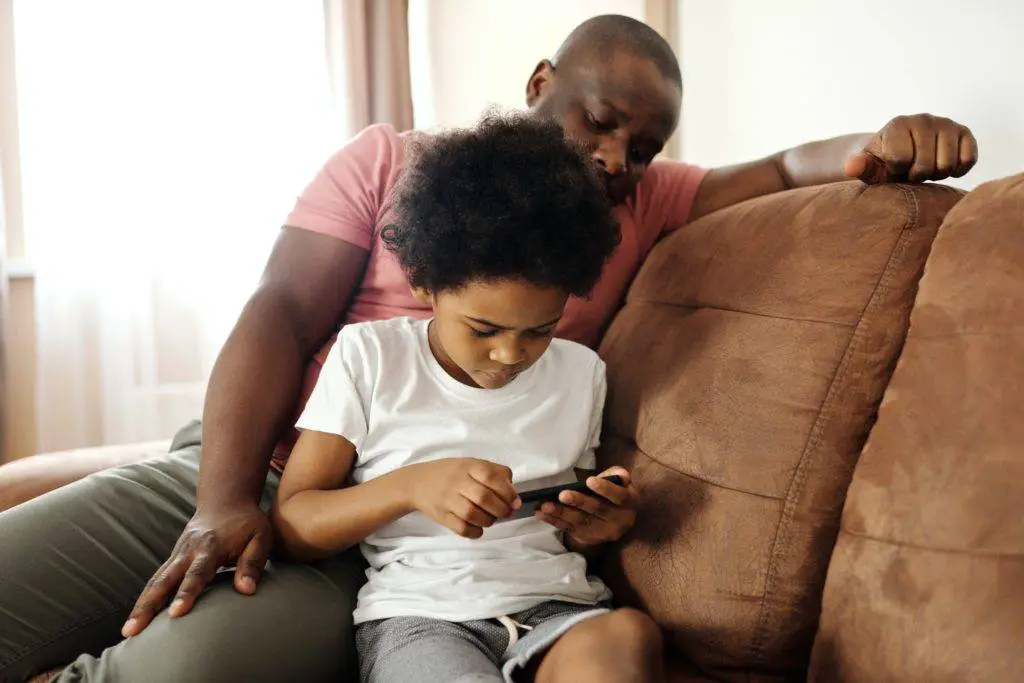The NHS said it is treating hundreds of children with gaming disorders. Some of the children have become violent to the point of attacking their parents. According to new figures, 745 people have been sent to the National Center for Gaming Disorders since its inception in October 2019.

The clinic which is the only of its kind in the UK treated 220 patients in 2021 and 327 in 2022. It was reported that the patients receive as many as 12 sessions of cognitive behavioral therapy as part of the treatment process.
The reported gaming disorder is prevalent among teenagers that play video games for more than 14 hours a day. Some even skip school to do so. According to the NHS, some children have become so addicted to gaming that their relationships with friends and relatives are sorely affected—and some have become violent.
ALSO READ: 10 Ways To Optimize Laptop For Gaming
National Center for Gaming Disorder founder and director, Professor Henrietta Bowden-Jones warned that gaming addiction could overwhelm youngsters and “stop them from living their normal daily life”.
The World Health Organization made gaming disorder an official mental health disease in 2018 saying it can damage “personal, family, social, educational, occupational, or other important areas of functioning”. Prof Bowden-Jones said the harm from gaming disorder “can be significant”.
“Sometimes, out of frustration, the child is self-harming. I have seen a couple of children trying to strangle themselves with their own hands, saying they’d rather be dead than not game,” said Bowden-Jones.
National Center for Gaming Disorder extends treatment to family members

Interestingly, the treatment is not only restricted to gamers with addiction. It is also extended to family members. The number rose sharply after the COVID-19 pandemic as lots of people turned to video games to get over boredom from the social restrictions or to connect with friends.
The number of people with gaming disorder rose by over 50% from 2021 to 2022 while the number of relatives receiving treatment rose by 46%. According to the NHS, the average age of gamers receiving treatment at the clinic is 17. However, gamers as young as 13 have been treated.
Some of the people suffering from gaming disorder have needed treatment for more than a year. Ironically, there are studies that show that playing video games can have beneficial effects on mental health.
Sixty-eight games have been fingered for causing gaming addiction

In-game features like loot boxes—blind packs of digital goodies—have been fingered as one of the lead causes of gaming addiction. There have been calls on the government to recognize these features as gambling.
Minecraft by Microsoft Corp, FIFA by Electronic Arts, Fortnite by Epic Games, and Call of Duty by Activision Blizzard Inc are among the 68 games played by patients seeking treatment for gaming disorder. However, no single game stands out as a leading cause of addiction.
The problem begins when youngsters use live multiplayer gaming platforms which cause them to stay online all night with strangers from across the world in various time zones. Some of the children sent to the clinic previously excelled in school activities but “suddenly transfer their competitive nature to gaming”.
ALSO READ: Grand Theft Auto 6 Leak Got Everyone Talking. Here’s Why
Notwithstanding the gaming disorder problem, the NHS is encouraging parents not to take consoles away from their children because that may lead to aggression. Some of the parents being treated at the clinic tried at some point to block internet access or lock gaming consoles and devices away from their children so that they can sleep.
“I had one very young child get up in the middle of the night and walk in the dark to his grandmother’s house where he knew the internet was not turned off,” said Bowden-Jones.
Early diagnosis is key to dealing with gaming disorder

According to Bowden-Jones, early diagnosis is vital to successful treatment. She stressed that it was not only important for the patient going through the addiction but also for the family members who are “negatively impacted by someone’s excessive gaming”.
Patients sent to the clinic in London are treated by therapists, psychotherapists, psychologists, and psychiatrists. Most of the sessions are online and include parent workshops, family consultations, and one-on-one therapy. Those who think they need help are advised to contact their general practitioner or visit the clinic’s website.
Remember to share and bookmark this website to stay up to date on all the hottest news in the gaming industry.



